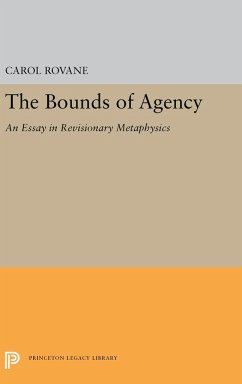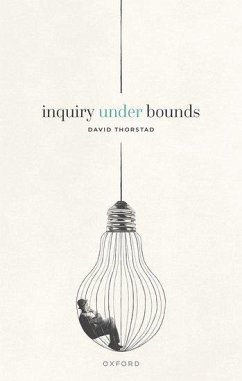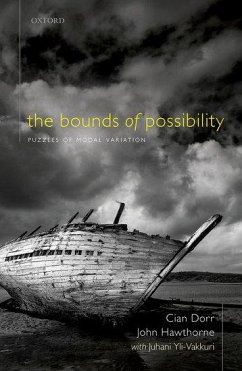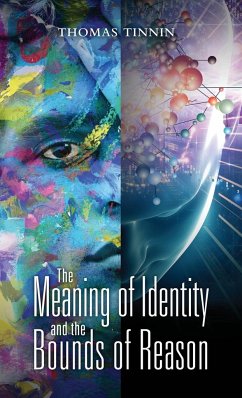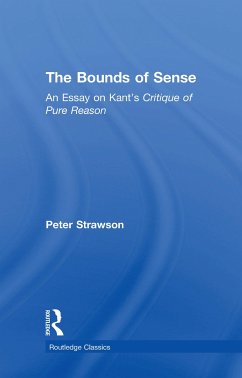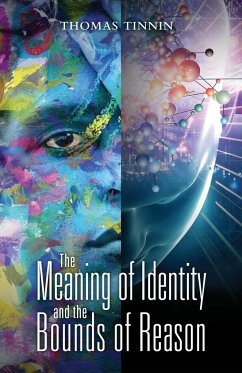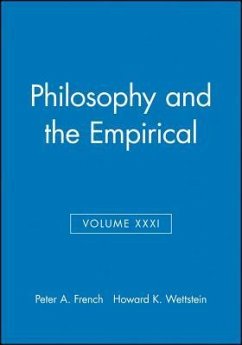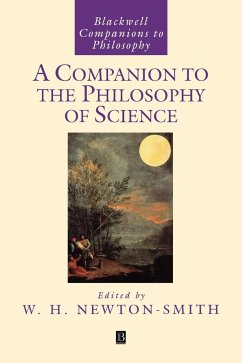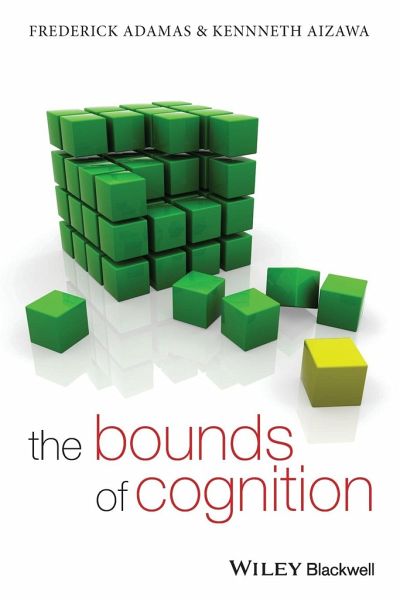
The Bounds of Cognition

PAYBACK Punkte
18 °P sammeln!
One is naturally inclined to say the tools that surround us--everything from paper and pencils to computers, clothing, and keys--complement our cognitive processing. That is common sense. The Bounds of Cognition articulates and defends a theory of "the mark of the cognitive," a common sense approach to cognitive science that differentiates between cognitive and non-cognitive processes. Addressing the limits of the embodied mind, the mark of the cognitive is a refreshing alternative approach to "extended cognition" whose advocates--including a growing number of leading philosophers and psycholo...
One is naturally inclined to say the tools that surround us--everything from paper and pencils to computers, clothing, and keys--complement our cognitive processing. That is common sense. The Bounds of Cognition articulates and defends a theory of "the mark of the cognitive," a common sense approach to cognitive science that differentiates between cognitive and non-cognitive processes. Addressing the limits of the embodied mind, the mark of the cognitive is a refreshing alternative approach to "extended cognition" whose advocates--including a growing number of leading philosophers and psychologists--argue that cognitive processing is not "brain bound," and the mind extends beyond the boundary of the brain and body. Putting their theory of the cognitive into practice, the authors analyze and expose some of the fallacies and shortcomings of extended cognition literature. The Bounds of Cognition is a timely and relevant text that exposes the need to develop a more sophisticated theory of cognition while allowing flexibility in exploring the nature of cognition.



